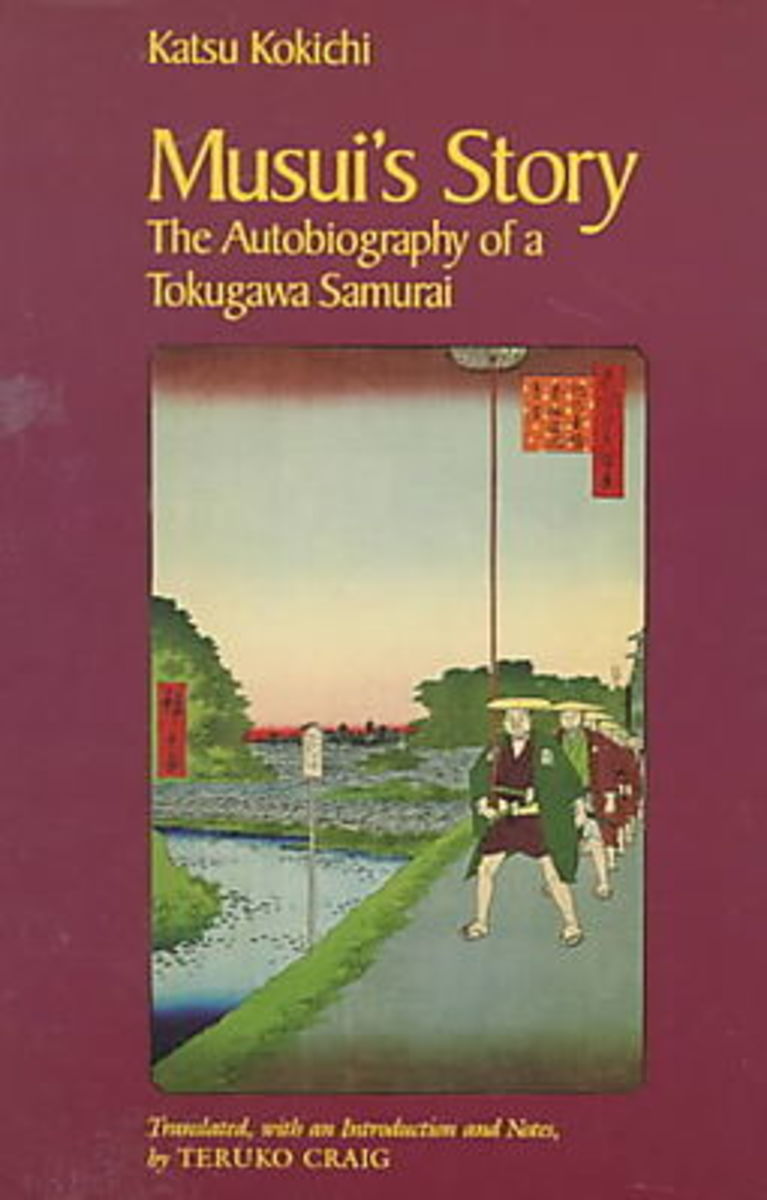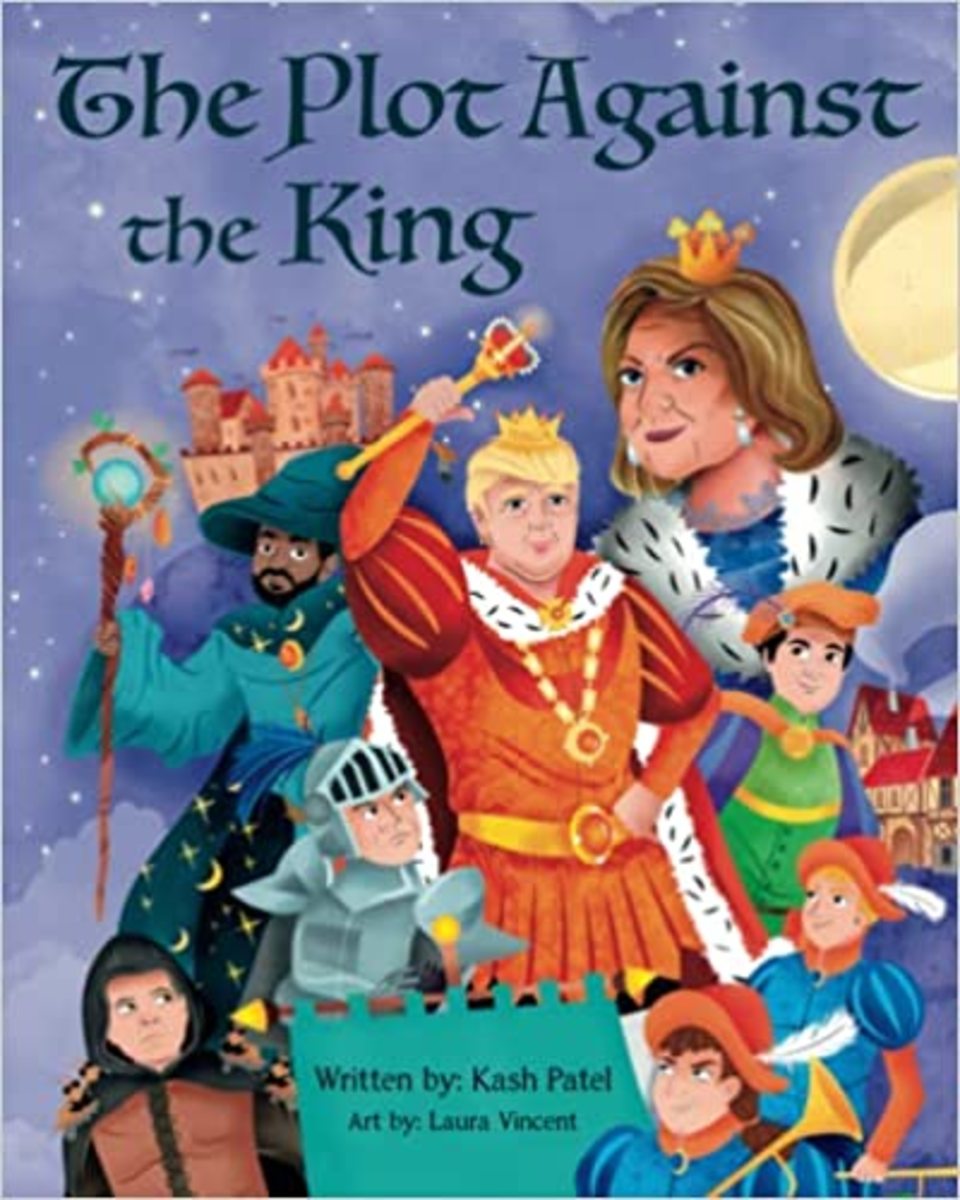A Book Review- The Power of Moments: Why Certain Experiences Have Extraordinay Impact

Introduction
Common sense would tell us some moments are more meaningful than others but how to creates those memorable moments is not necessary common sense. While many of these moments are unplanned, the authors purpose is to help us figure out how to plan and create more such moments in organizations and our own lives. They point out three times in life that are a natural for creating a more meaningful and memorable moment: transitions, milestones and pits. The authors note “transitions should be marked, milestones commemorated, and pits filled.” Then they provide us examples.
There is an appendix on pits – moments of trauma. However, clearly the focus of the book is how to create more memorable positive moment using one or more of the following four elements:
*Elevation,
*Insight,
*Pride,
*Connection
Authors
Chip Heath is a professor at Stanford Graduate School of Business. Dan Heath is a senior fellow at Duke University’s Center for the Advancement of Social Entrepreneurship (CASE) center. This is the brothers fourth book. Their other three books ---Made to Stick: Why Some Ideas Survive and Others Die, Switch How to Change Things When Change is Hard, and Decisive: How to make Better Choices in Life and Work –are best sellers.
Thinking In The Moment
In the section on thinking in the moment the authors encourage us to look for moments we might make more meaningful. It is not necessary a natural habit. We are not great at investing and creating such moments especially in organizations where no one is in charge. The authors share example where an organization misses a chance to make a transition period more meaningful and an example where an organization elevated the first day at work experience. One other example involved filling in a pit- spotting where the customer was dissatisfied and vulnerable and taking decisive action to support the customer—and creating a win/win for the organization and the customer.
Moment of Elevation
Moments of elevation are described as experiences that rise above the everyday. According to the authors, these are experiences that boost sensory appeal, raise the stakes or break the script. While they need not have all three elements, most have at least two. They pointed out these experiences are often those times when people feel compelled to wear different clothes or pull out their cameras. Examples of times when we turn up the volume on reality and raised the stakes include weddings and graduations.
“Breaking the script means to violate expectations about an experience…” It must not be done so often that people adapt to it and it becomes the new script. Again, the authors provide examples.
Moment of Insight
“Moments of insight deliver realizations and transformation.” Sometimes the insights are dark and sometimes they are positive. There are two ways to create moments of insight. For others we can help them “trip over the truth,” and for ourselves we can “stretch for the insight.” The authors note that “the promise of stretching is not success, it’s learning. It is self-insight.” I treasure the father asking at dinner “what did you fail at this week?” as a way to encourage the children to stretch and not be afraid of failure.
Moments of Pride
“Moments of pride capture us at our best-showing courage, earning recognition, conquering challenges.” According to the authors, you cannot manufacture moments of courage, but you can practice courage and they give compelling examples of acts of courage and what it takes to get there.
In discussing creating moments of pride for others, the authors reveal it is the simple but often overlooked offer of recognition for what someone has done or are doing. Interestingly, recognizing others can have an elevating effect on the person giving the recognition as well as for the person receiving the recognition. For ourselves, we can set moments of pride by breaking up difficult challenges in to milestones to meet. An example is the Couch to 5K program
Moment of Connection
“Moments of connection deepen our relationships with others.” Here the authors states research has shown purpose trumps passion, because purpose is something that can be shared with others and passion can be isolating. In the deepen ties section of the book, the authors point out the key to stronger relationships is responsive relationships- relationships where the partner understands, validates and demonstrates caring.
Observation
A good companion book to this book is Happy Money: The Science of Happier Spending by Elizabeth Dunn and Michael Norton. Not because creating memorable moments takes money, it takes understanding and planning. Both books encourage us to get off the daily treadmill and take the time to plan and invest in experiences for self and others. According to the authors, we will be glad we did.








